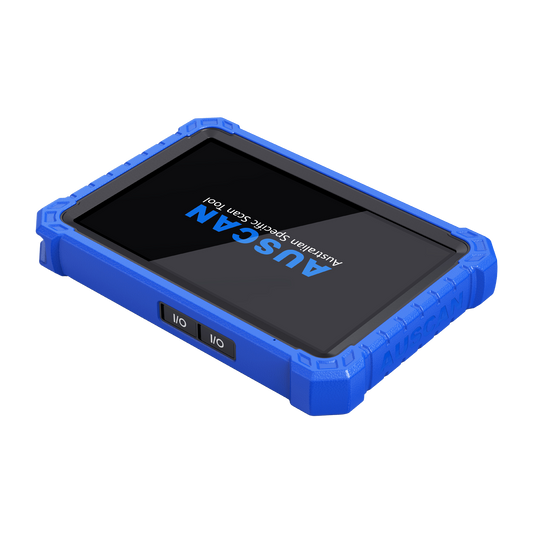Diagnostic Tools FAQ'S
Diagnostic tools are used to identify and troubleshoot issues in a vehicle's electronic systems, such as the engine, transmission, brakes, and more. They connect to the vehicle's onboard computer to retrieve diagnostic trouble codes (DTCs) and provide insights into potential malfunctions.
Choosing the right diagnostic tool depends on the types of vehicles you service and the level of diagnostics you require. Some tools are designed for basic diagnostics, while others offer advanced features such as live data streaming and bi-directional controls. If you're unsure, the team at Tufflift can assist you in selecting the best diagnostic tool for your needs.
Many diagnostic tools are designed to work with a wide range of vehicle models, but compatibility can vary depending on the manufacturer and tool. It's important to check whether the tool supports the makes and models you commonly service.
Yes, most diagnostic tools come with the ability to update their software. Regular updates ensure that the tool can diagnose newer vehicle models and stay current with industry standards and technology changes.
Diagnostic tools should be used whenever a vehicle's warning lights come on, or if the vehicle is experiencing performance issues. Regular diagnostics can also be part of preventive maintenance to catch potential problems before they become serious.
While basic diagnostic tools can be straightforward to use, advanced diagnostic equipment may require some training to fully understand and interpret the data. Tufflift provides support and guidance to ensure you're comfortable using the tools correctly.
Yes, Tufflift offers technical support for the setup, use, and troubleshooting of diagnostic tools. Our team is available to help you get the most out of your equipment and ensure accurate vehicle diagnostics.
CONTACT US














